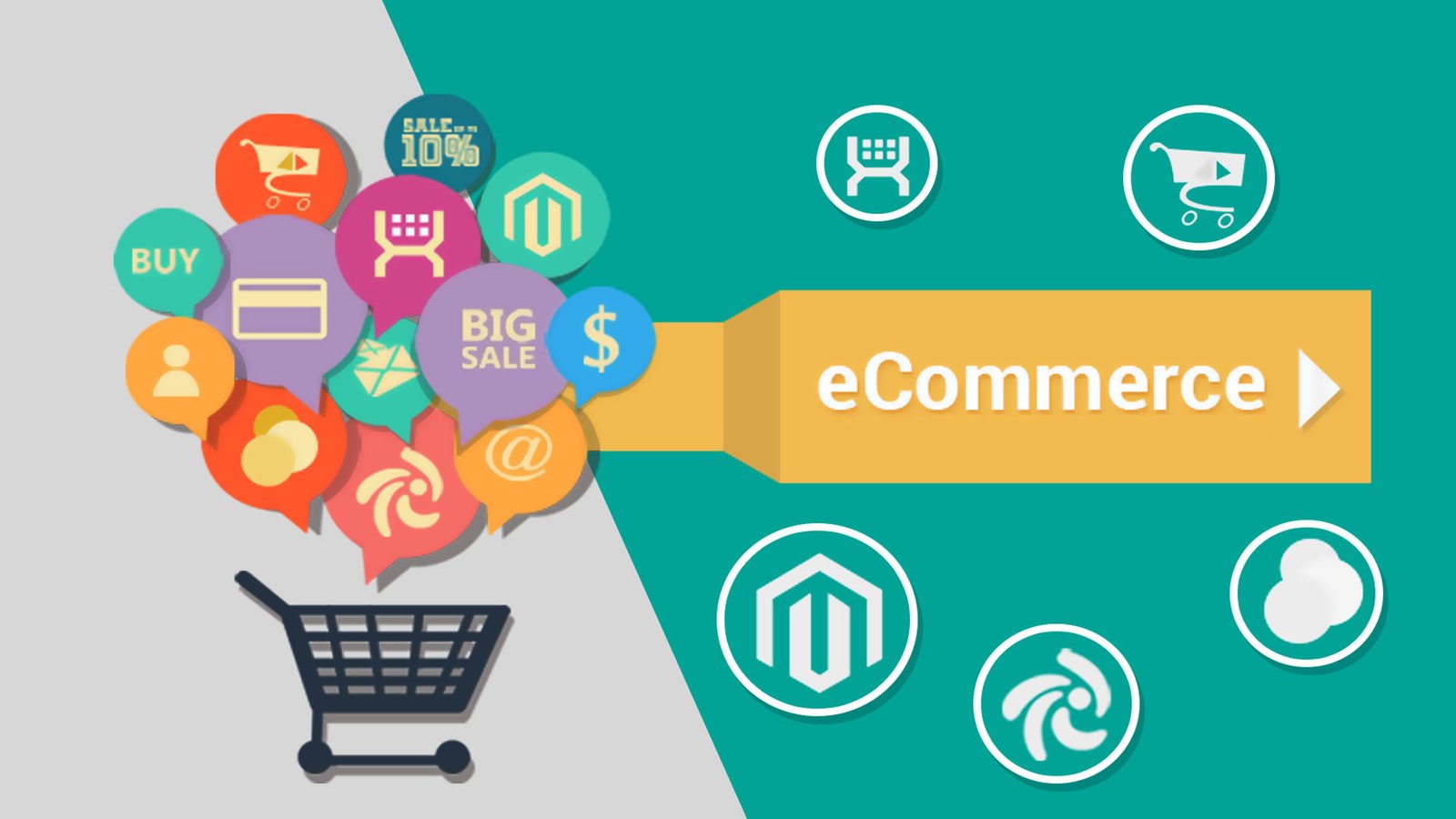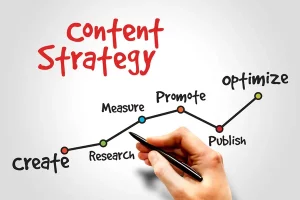What Is E-commerce?What is its Importance?
4 min read
what is e-commerce
E-commerce refers to a wide range of online business activities for production and services. It also pertains to any form of business transaction in which the parties interact electronically rather than by physical exchanges or direct physical contact. E-commerce is the use of electronic communications and digital information processing technology in business transactions to create, transform and redefine relationship for value creation between or among organizations, and individuals.
E-commerce is associated with buying and selling of products and services over the internet or conducting any transaction involving the transfer of ownership or rights to use goods or services through a computer mediated network. E-commerce can be referred to as a process of delivering information, products for services and payments by telephone lines, computer networks, etc. In other words, e-commerce refers to paperless exchange of business information using electronic data, electronic mail, online sourcing, and other network based technologies.
E-commerce is the ‘buying and selling of products and services over the internet or other electronic networks.’ E-commerce is bringing fundamental changes to the traditional buying and selling paradigm.
E-commerce pertains to trading in goods and service through the electronic medium. It is about doing the business electronically.
E-commerce is a selling and merchandising tool in which buyers are able to participate in all phases of a purchase decision, while stepping through these processes electronically rather than a physical store.
Different Perspectives for Defining E-commerce
E-commerce can be defined from the following perspectives:
Communications Perspective:
From a communications perspective, Ecommerce is defined as the ability to deliver products, services, information, or payments via telephone lines, internet.
Business Process Perspective:
As a business process, Ecommerce means application of technology toward the automation of business transactions and workflows. It involves activities that support commerce electronically by networked connections.
Online Perspective:
From an online perspectives, Ecommerce is an electronic environment that allows sellers to buy and sell products, services, and information on the internet. It is a tool that provides the capability of buying and selling products and information on the internet and other online services.
Service Perspective:
From the service perspective, Ecommerce is a tool that addresses the desire of firms, consumers and management to cut service costs while improving the quality of goods and increasing the speed of service delivery.
Importance of e-commerce:-
Easy global reach:
Ecommerce enables a business organization to reach out customers all over the world.
Round- the-clock working:
Website is open 24 hours, which allows order, delivery and payment at any time.
Production of customized products and services:
Products can be developed and offered to suit the preferences of people residing anywhere in the world.
Low cost of acquiring, serving and retaining customers:
The cost of advertising, exchange of information and display is reduced.
Knowledge of customer- behaviour :
The buying behavior of customers is recorded on real- time basis.
Improving customer services:
Quick response to customers and redressing of customers of customers problems.
Easy connections:
Easy to establish networks with suppliers, distributors and retailers.
Simple and fast:
Ecommerce is essential for making a business process simple and fast.
Offers online services :
It provides big platform to increase customers or clients by offering online products and services.
Near the reach :
E-commerce from a marketing perspective, brings or the service closer to the customers.
Saves time and cost:
E-commerce reduces delivery time and labor cost. Thus it saves the time of both the vendor and consumer.
Cost effective:
Ecommerce is one of the cheapest means of doing business. It is the e-commerce development that has made it possible to reduce the cost of promotion of products and services.
No time barrier:
Ecommerce removes the time barrier in selling the products. One can log to the internet even at midnight and can sell the products at a single click of mouse.
User convenient:
E-commerce provides convenience to customers by providing them on-time alerts and informing them about new products.
Help in price reduction:
E-commerce helps in price reduction by providing transparent information flows and dynamic price determination through online bidding and auctions.
Functions of E-commerce:-
There are four important function of e-commerce:
Communication:
Communication is the fist most important function of e-commerce. It aims at quick delivery of information and documents of facilitate business transactions. For example: E-mail etc.
Process Management:
As a second function of e-commerce, it covers the automation and improvement business processes. For example: networking two computers together.
Service Management:
Service management is an important function of e-commerce. It is the application of technology to improve the quality of service.
Transaction Capabilities:
Transaction capabilities refer to providing the ability to buy or sell on Internet or some other online services. For example: Flipkart.com etc.



